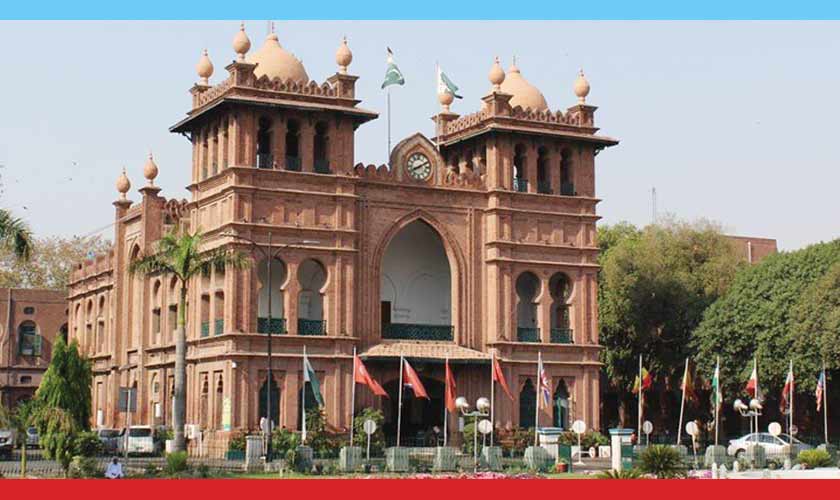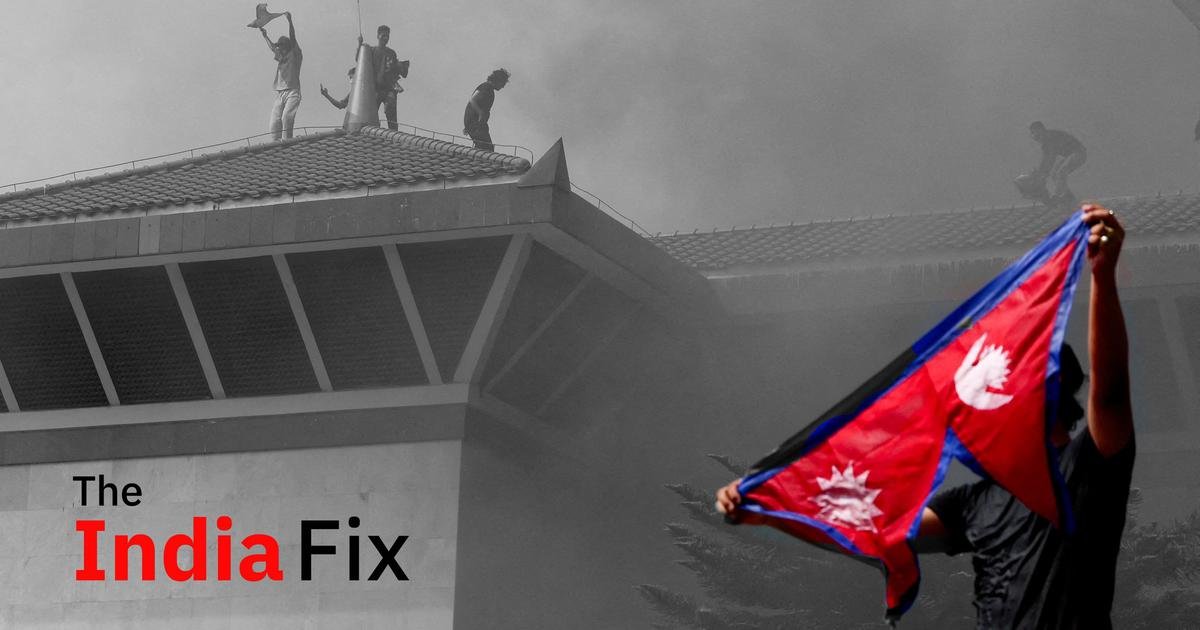Editorial
The Ministry of Education revealed on Monday a distressing fact-a staggering 26.2 million children in Pakistan are currently unable to attend school. This data, presented in the National Assembly, underscores the urgent need for action to address the significant educational crisis facing the nation.
Within the 5 to 9 years age group, a total of 17.74 million children are out of school, with 4.97 million boys and 5.81 million girls affected. This stark disparity in access to early childhood education is a cause for grave concern, given the sheer scale of the problem.
In the 10 to 12 years age group, 4.93 million children are missing out on middle education, including 2.11 million boys and 2.83 million girls. This stark gender imbalance in educational opportunities at this stage is a clear injustice that needs to be addressed.
The issue also extends to higher education, with 4.55 million students deprived of high school education, comprising 2.31 million male students and 2.24 million female students.
Similarly, at the higher secondary level, 5.95 million students are not receiving an education, with 2.99 million being male students and 2.96 million being female students. This data underscores the magnitude of the educational challenge facing Pakistan.
Pakistan’s development and progress are undeniably intertwined with the education and skills of its population. The staggering number of children and students who are currently out of school and unable to access higher education highlights a critical issue that demands immediate attention. The disparities between male and female students at different educational levels further compound the urgency of the situation. It is evident that without addressing this educational crisis, Pakistan cannot fully harness the potential of its youth or achieve sustainable growth.
Pl, subscribe to the YouTube channel of republicpolicy.com
Access to quality education is not only a fundamental human right but also a prerequisite for social and economic development. By leaving millions of children and students without educational opportunities, Pakistan risks perpetuating cycles of poverty and inequality. Therefore, concerted efforts and resources must be dedicated to tackling this issue comprehensively, ensuring that every child, regardless of gender, background, or socioeconomic status, has the opportunity to receive a quality education. Investments in education and skill development will empower individuals and drive the country’s progress, innovation, and competitiveness in the global arena. The government, civil society, and the private sector must prioritize and collaborate on initiatives that expand access to education, improve the quality of schooling, and promote lifelong learning. Only through such collective endeavours can Pakistan pave the way for a brighter, more inclusive, and prosperous future for all its citizens.














